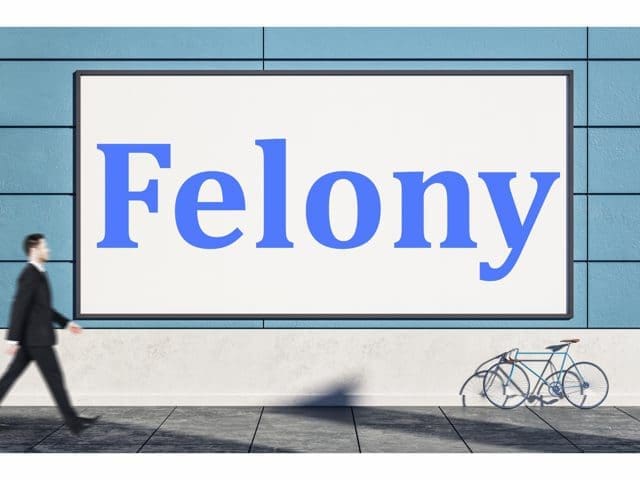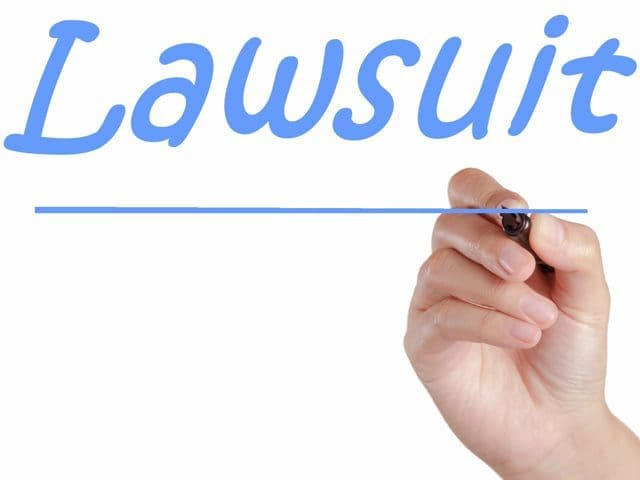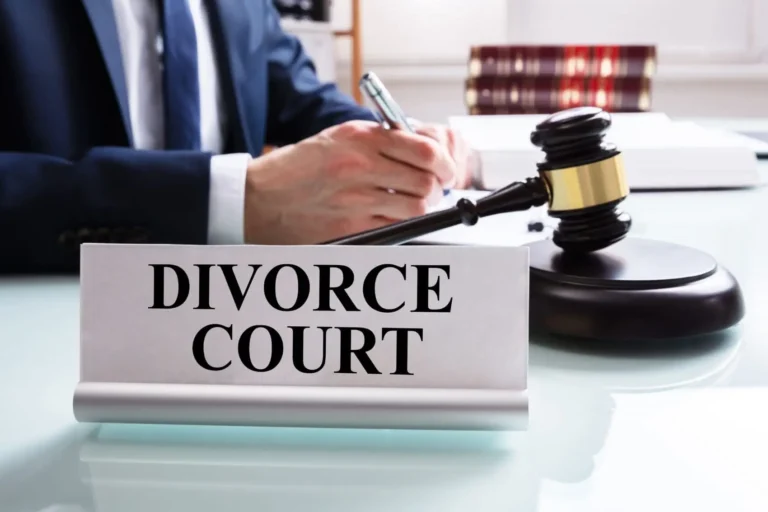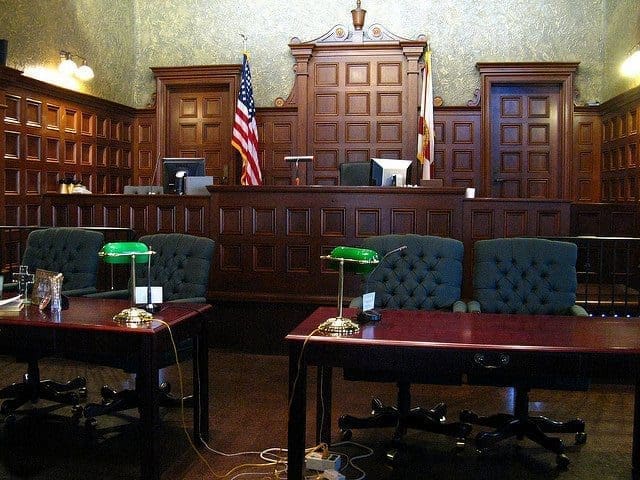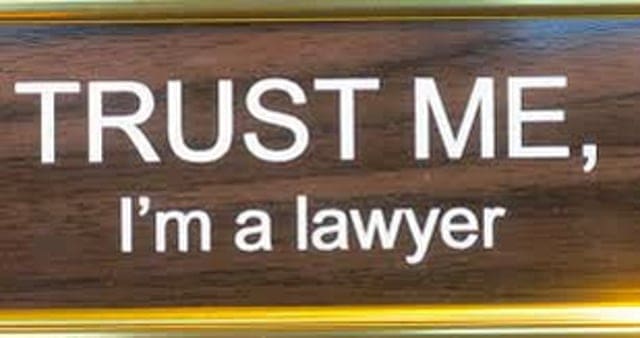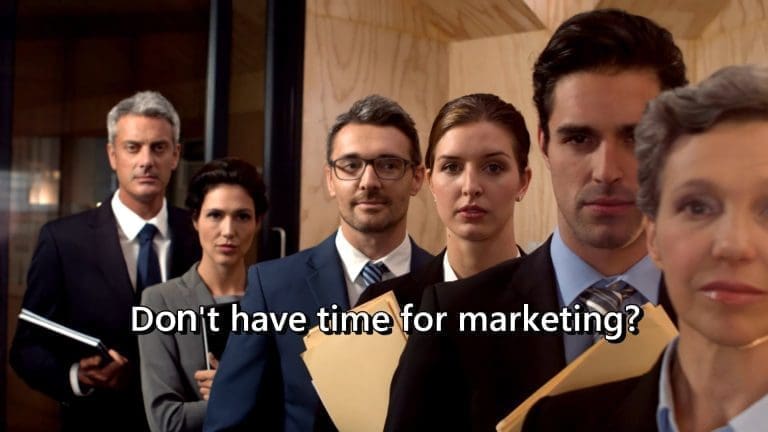Ray Hrdlicka - Presentador - Abogados.Media
"Lo que quiero hacer ahora, es volver al artículo que Andrew escribió para la revista Crimen, Justicia y América. La revista que va dentro de las cárceles para los presos recién detenidos. En realidad, para todos los presos. Pero está diseñada específicamente para las personas que están pasando por el proceso de justicia penal. De nuevo, Andrew escribió un artículo sobre el proceso de entrevista de libertad condicional. Recibimos una cantidad increíble de respuestas de Crime, Justice & America sobre ese artículo. Quiero hablar un poco sobre eso hoy, ahora mismo con Andrew. Obviamente, eso es un gran problema para el acusado, porque hasta ese momento, has estado hablando en nombre del acusado, has sido su representante, y en este momento ya no puedes hacerlo. Es sólo el oficial de libertad condicional, y su cliente, ¿estoy en lo cierto? "
Andrew Dósa - Abogado penalista - Condado de Alameda, CA
“That’s correct. Although, in several cases I have written letters or called and spoken with the probation officers if there’s something particular that I want them to know or think about. Or, if I am ambitious in my optimism, my hope being that I say something to the probation officer that will have an influence on how the approach my client. Obviously, I’m going to be saying something that’s going to give that probation officer reason to be favorably inclined to hear my cliente, to understand my client, to give some perspective about how they would respond to my client.”
Ray Hrdlicka - Presentador - Abogados.Media
“Well, what would they do to prepare for this? First of all, what should they do to prepare for that probation interview process, and how should they conduct themselves during the interview?”
Andrew Dósa - Abogado penalista - Condado de Alameda, CA
"Empezaste mi aclarando o identificando el tema de 'introducción' que tenía, que era que el acusado realmente no ha podido decir nada. La razón por la que el acusado no puede decir nada antes es porque todo lo que va a decir puede ser utilizado por el Juez, y por el Fiscal del Distrito. Así que si estoy en el tribunal con mi cliente y hay un argumento sobre una moción, o alguna cuestión que se está planteando, y mi cliente quiere asegurarse de que un punto se plantea, si mi cliente empieza a hablar el Fiscal de Distrito puede oír lo que se está diciendo. El Juez puede oir lo que se dice, y eso puede ser usado en contra de mi cliente. Quiero que eso quede fuera del camino para que no influya en el tipo de oferta que me hagan, o en el tipo de acuerdo que finalmente negociemos para el cliente. Ahora bien, en la entrevista de la libertad condicional, el acusado es vulnerable, porque si el acuerdo es rechazado por la razón que sea, todo lo que diga puede ser utilizado en su contra. Pero somos optimistas, esperamos que el informe de libertad condicional regrese, y el Juez se sienta cómodo afirmando la oferta que se extendió y que hemos acordado. O, en algunos condados como el de San Mateo, donde los Jueces dictan la sentencia, el Juez puede haber dado ya una sentencia indicada, no queremos que ese Juez cambie de opinión y vea el caso de forma diferente.
So why is it significant for the defendant to speak? Because now the defendant wants to become a human being that the agente de libertad vigilada will connect with. The probation officer has a script, or a long list of questions about the defendant. What do they want to know about the defendant? What are the aggravating factors? What are the mitigating factors? Aggravating factors are, of course, those things that make this person look less attractive. Do they have a lengthy antecedentes penales? Is there violence in that history? Is there drug use in that history? Whatever may be involved. An aggravating factor may be the person just had a criminal case three months before, and now they have another one right afterwards. The message is they’re not learning their lesson from the first case. Mitigating factors may be that the defendant came forward and was forthright and acknowledged responsibility. The first thing I tell my clients is ‘you want to make sure you communicate you understand why you got arrested, and why the charges were brought against you. You understand why our culture, or our society, doesn’t encourage that kind of behavior.’ I want my client to say ‘yes, I acknowledge the role I’ve played.’ If we use a domestic violence case, and a defendant has been trying to cover his behavior by saying she just said nasty things, my response is ‘I get that….my wife knows how to say the things that gets me jacked up too, but my response was NOT to be violent toward her.’ No one is ever permitted to use violence, no matter how provocative those words may be. That’s just a rule in our society, that’s just a rule in our culture. Although the reality is that there are times when I would rather be punched that heard what somebody said to me. The reality is that I couldn’t have responded violently.
So I tell my clients if you acknowledge that you did not handle the stress of that situation, and you have been exploring what to do and you want to go to anger management classes. And while you were in custody or waiting for the case to resolve you took some classes or went to a counselor or therapy, and you’re beginning to understand why things are a trigger for you and why you react, I want you to tell that to the probation officer. So then the probation officers says ‘they acknowledge that they did something wrong, and they’re doing something about it.’ Those are significant factors. I can say things as eloquently, or maybe more eloquently than my clients can in terms of the words that I use, but when my client is telling a probation officer, ‘Man, I’m embarrassed that I lost control, I’m embarrassed…I should be in charge of myself, and I now know I can’t control myself, I have to deal with whatever is inside me.’ I want my client to be their own spokesperson. ‘I know I did something wrong, I know I have to deal with it, or I’m dealing with it, or I want to deal with it, and I’m not sitting idly by.’ They become the best advertisement for themselves. So the probation officer completing that report will go ‘yeah, I like what I hear. I know what this person has done and they’re not playing games with me.’
Utilicé un comentario en mi artículo que decía: "si le vendes a alguien un Toyota, no lo llames Ferrari". ¿Verdad? Porque la mayoría de nosotros sabe distinguir entre los dos. Un oficial de libertad condicional es un entrevistador entrenado, una persona entrenada en discernir lo que la gente dice y si están siendo sinceros. Ellos sabrán cuando les estás contando una historia. Yo les digo a mis clientes: 'ahora puedes ser sincero sobre ciertas cosas que necesitas'. Al mismo tiempo, también les preparo porque hay formas mejores de decir las cosas que otras. Lo que hago ahora es enviar el artículo que escribí a mis clientes cuando tienen una entrevista de libertad condicional. Parece que realmente consolida los puntos que les he dicho, que he estado compartiendo con ellos sobre cómo presentarse. Les digo que si quieren reunirse y hacer una sesión de entrevista donde hacemos un simulacro, donde yo soy como el oficial de libertad condicional, o si quieren realmente hablar conmigo y yo les digo cómo considerar ajustar sus palabras o hacer la presentación de una manera frente a otra mientras enfatizan las cosas que son importantes... podemos hacer eso. Parte de mi servicio es asegurarme de que mis clientes brillan lo mejor que pueden en esa situación."





